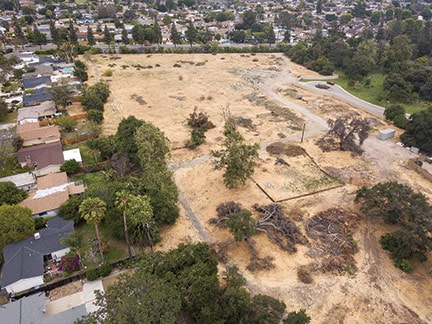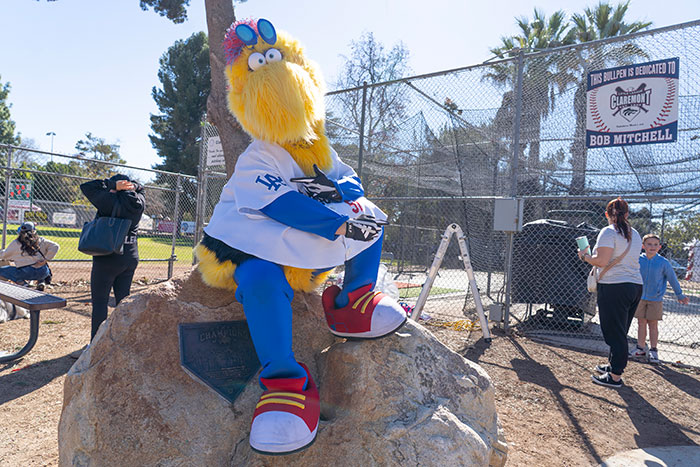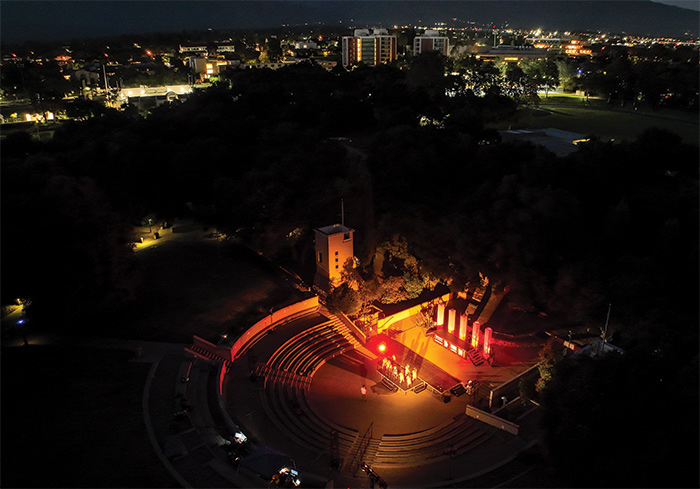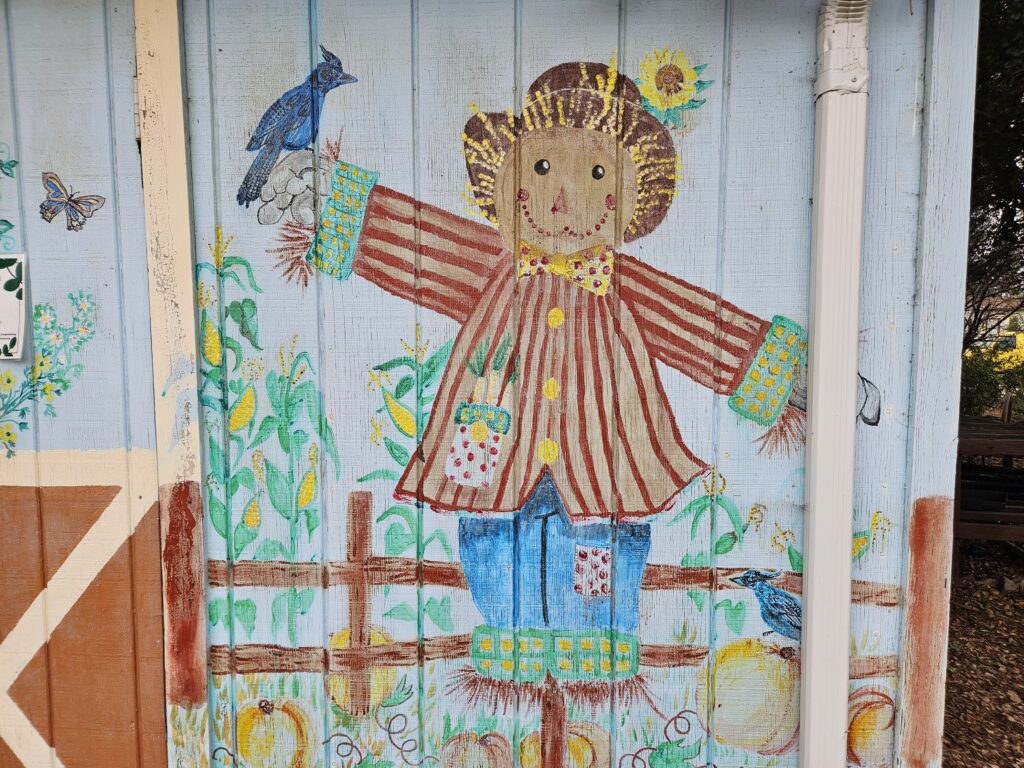City green waste recycling program has new home at Oak Park Cemetery

The Claremont city council approved a grant application from Cal Fire, part of which involves a composting area north of Oak Park Cemetery.
The council voted unanimously to approve the application, which needed their approval for final consideration and funding from the Urban and Community Forestry Grant Program, according to the city.
The multi-level grant proposal, according to Deputy Director of Community Services Dave Roger, includes a tree removal program, where around 200 trees affected by the dreaded Polyphagous Shot-Hole Borer and the tree disease Xylella, will be chopped down and ground up for recycling.
The recycling program includes grinding dead trees into chips to mix with food waste to create compost piles, Mr. Roger said in a phone interview on Monday.
The trees will be ground up at a facility in Upland with chips sent back to Claremont, where they will be combined with food waste at a two-to-one ratio. Ten piles measuring 10 feet-by-10 feet will go no higher than three feet, Mr. Roger said. The compost piles will take up about an acre of an eight-acre undeveloped plot of land north of Oak Park Cemetery, with minimal impact on surrounding areas.
“The last thing we want is to have is a negative impact of the peace and quiet of the cemetery,” Mr. Roger said.
Steve Sabicer, executive director of Sustainable Claremont, said the tree chips would cover the food waste, leaving none of the organic material exposed to open air.
“This ensures a consistent composting environment, and mitigates any concerns of odor,” Mr. Sabicer said in an email.
Mr. Roger said the lot north of Oak Park was the perfect location for composting. The agenda report indicated the “native environment will act as a natural control system for any unwanted pests.”
Those pests will be turned away by temperatures as high as 160 degrees in the compost piles, Mr. Roger said.
“The temperature would be too hot for rats or mice to get into it,” he said.
Oak?Park is superior to the city yard, Mr. Roger said, because the needed land to compost at the city yard would be in San Bernardino County, and runoff from the compost would end up in a storm drain as opposed to soaking in the ground.
Truck traffic will be minimal, Mr. Roger said, amounting to only one truck every few weeks. Ultimately, he noted, this is a plan that Cal Fire is excited about.
“This could really put Claremont on the map for its aggressive approach to shot hole borer and reuse of recycle materials,” he said.
The grant application was approved by the city council, 5-0.









0 Comments